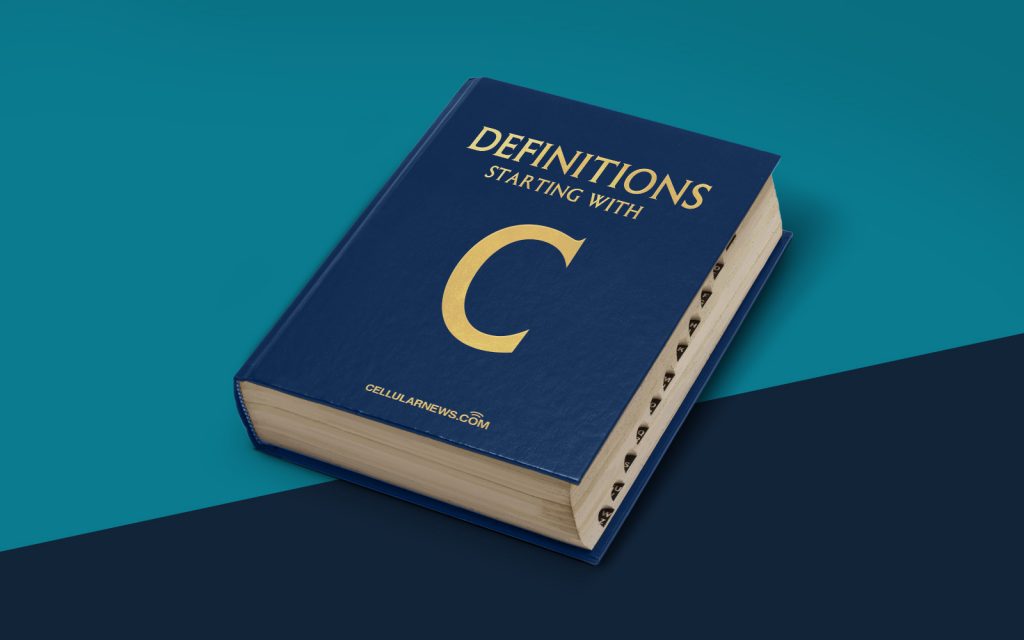
What is a Character Large Object (CLOB)?
Welcome to another edition of our DEFINITIONS category, where we dive deep into the world of technology and explain complex terms in a simple and straightforward manner. Today, we are going to take a closer look at a term that you may have come across in the realm of databases – the Character Large Object, commonly known as CLOB.
Key Takeaways:
- A Character Large Object (CLOB) is a data type used to store large volumes of character data in a database.
- CLOBs are often used to store textual content such as documents, articles, or even XML files.
So, what exactly is a Character Large Object (CLOB)? In the context of databases, a CLOB is a data type that is specifically designed to store large amounts of textual data. Think of it as a container that can hold vast quantities of characters, allowing you to store and retrieve extensive text-based information effortlessly.
CLOBs are commonly used to store various types of content, such as:
- Documents and articles: If you have ever worked with a content management system (CMS), you might be familiar with the concept of storing articles or documents in a database. In such cases, a CLOB data type would be ideal to store the textual content of those articles.
- XML files: XML (eXtensible Markup Language) is often utilized to structure and store data in a hierarchical format. When dealing with large XML files, it is common practice to store them as CLOBs in a database.
- Long strings of text: Sometimes, you may encounter instances where you need to store extremely long strings of text, exceeding the usual limit of a regular text field. In such cases, using a CLOB data type can accommodate these lengthy text values.
By now, you might be wondering how a CLOB differs from other character data types, such as VARCHAR or TEXT. The main distinction lies in the size of the data they can hold. While VARCHAR or TEXT typically have predefined size limits, CLOBs can store considerably larger volumes of data, ranging from gigabytes to terabytes, depending on the database system.
When working with a CLOB, it is important to keep in mind that it may require specialized handling and optimization techniques due to its potential size and impact on performance. Database administrators and developers need to consider factors such as storage requirements, indexing, and query performance when using CLOBs in their applications.
Key Takeaways:
- A CLOB is a data type that can store large amounts of textual data in a database.
- CLOBs are commonly used for storing documents, XML files, and long strings of text.
Now that you have a better understanding of what a Character Large Object (CLOB) is, you can appreciate its usefulness when it comes to storing and managing extensive textual content in databases. Whether you are dealing with articles, documents, or any other large text-based data, a CLOB provides a practical solution to handle these massive volumes of information.
